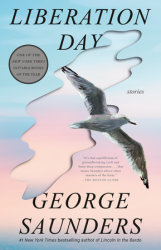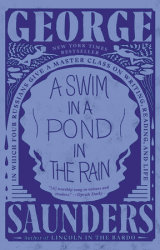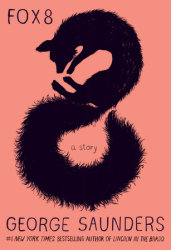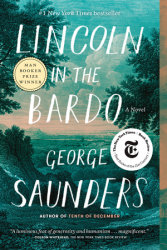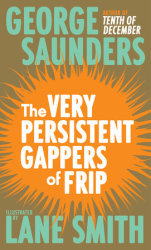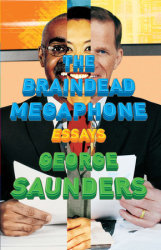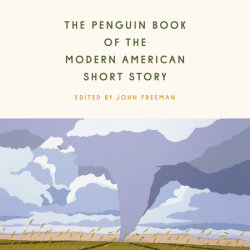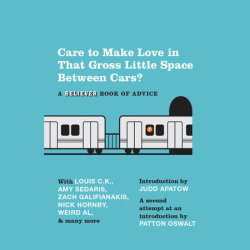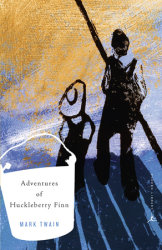PENGUIN RANDOM HOUSE: The stories in Tenth of December are so stunning, so raw, and so complete. Where do you find your inspiration?
George Saunders: Well, thanks. My main source of inspiration is my wife, Paula. She reads all of my work before it goes out and I always know that if I can move her, then the story is working. She has a very high standard but also one that is very human and humane. So imagining her as my audience when I’m writing ensures that the stories are actually about something, and haven’t taken any shortcuts.
PRH: What was the last thing that stunned you?
GS: I’m not sure, actually. I mean – we get stunned on a pretty regular basis by tragedies that come to us from outside of our experience. But personally stunned … I’m tempted to avoid the question by the comic technique known as “being a smartass.” And answer, like: “The last thing that stunned me was that stun gun, last night, at that party, just because I tried to kiss that policeman’s horse.”
PRH: Of the myriad themes and ideas presented within your collection, which do you think most loudly speaks to readers?
GS: When I’m writing, my main priority is to establish an intense communication between me and the reader. I don’t think much, honestly, about themes or ideas – I think those arrive on their own – but more about getting the reader to lean in, and feel respected and interested.
PRH: What, in your opinion, is the most important component of a solid short story?
GS: Heart. That is – it ought to be about something that all of us care about, or have experienced, or feared, or whatever. The great short stories – by Gogol, Chekov, Munro, Wolff, et al – seem to affirm that human experience is at least somewhat shared – that what matters to you probably matters to me too. That’s a pretty optimistic stance, even if a given story is, on the surface, “dark.”








